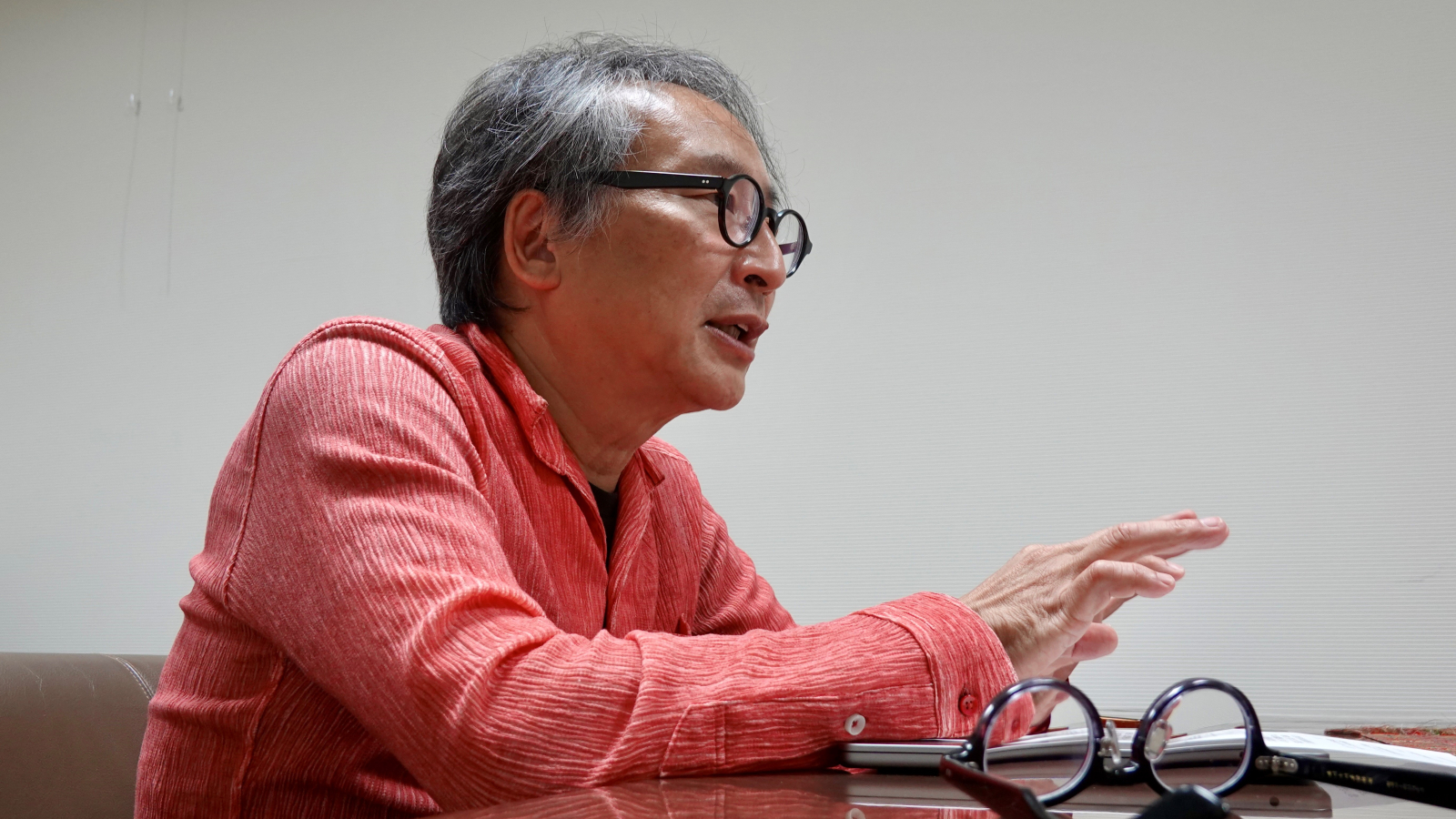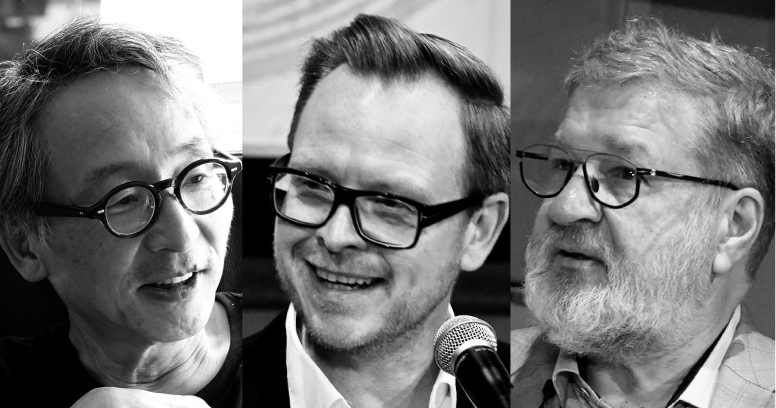【Relay Interview 1】Prof. Yasuo Deguchi of Kyoto University:Chapter 2 “Values” Are the Adhesive That Enables Joint Action—If We Recognize Their Multi-Layeredness, Society Will Change

This is the second part of a series of interviews with Professor Yasuo Deguchi of Kyoto University, who serves as Co-Chairperson of the Kyoto Institute of Philosophy.
Details
Interviewer: You point out that we live in an age of “uncertainty regarding values.” What exactly is “value”?
Deguchi: There are many kinds of value. For instance, physical pleasure, intellectual pleasure, and spiritual pleasure are all values; moral goodness and aesthetic beauty are also values. “Happiness”, “Well-being”, and what I like to call “well-going”—are values as well. Some people even argue that “truth” is also a type of value. Philosophers have debated these concepts for centuries as some of the most important in the field.
It was only around the mid-to-late 19th century that all these different ideas came to be treated collectively under the term “value,” so it’s relatively new. In any case, “What is value?” has always been one of philosophy’s biggest questions, and numerous thinkers have offered various answers. My own answer is: “Let’s think about value in relation to action.” I contend that value is derived from bestowing actions coherence, consistency, connection, and breadth.
For example, when you feel thirsty and decide to drink something, you’re realizing a value in the sense of fulfilling a physical need. Instead of just idly doing nothing, you plan, think things through, and link your actions in order to move closer to a value. Turning this around, we can say that it’s value that allows us to connect individual actions into a chain. In addition, when we realize a value, we can’t do anything alone—we need companions, a “WE,” and that circle of people has to keep expanding. In other words, because value exists, we can organize our actions in a coherent way. I believe that what has actually been uniting actions all along is value itself. Value is quite literally the vector that gives clear direction to our actions, and it’s the adhesive that enables joint action for humanity.
You could say that without value, the survival of humanity would have been impossible, and likewise, there would be no society. In that sense, value is something very primal—partly innate, partly rooted in evolutionary processes, a sort of concept or intuition. Yet it is also at the root of what makes human beings who they are.
Interviewer: Would it be fair to say that the Kyoto Institute of Philosophy is trying to create a vector along these lines?
Deguchi: Exactly. By establishing value as a vector, we can gather people who share it, and then act, or engage in a sustained movement. Not just sporadic efforts, but rather something more long-term, with everyone cooperating in a consistent direction. That is, we seek to form a “WE” for the Kyoto Institute of Philosophy. Our primary mission is to propose the kind of “value” that will create this WE.
Interviewer: The Kyoto Institute of Philosophy sets forth a vision for a “Multilayered Society of Values.” If that comes to pass, how will the world change?
Deguchi: In general, when people hear “diversity,” they imagine a variety of colored spheres all mixed together: white spheres, black spheres, red spheres, blue spheres, and so forth. However, each sphere in that picture is seen as a single color; in other words, the idea is that gathering single-colored spheres into one place creates a diverse society. Underpinning this assumption is the view that everyone has one identity or set of values, and that these differ from person to person.
But the notion of “multi-layeredness of values” we advocate rests on a different premise: an individual is not just one color. Aren’t we each made up of multiple, sometimes even conflicting or contradictory, colors? The key difference is whether we view identity as single-layered or multi-layered.
Society, I believe, is the same. It’s not constructed according to just one value system; rather, conflicting value systems coexist in a state of tension. That’s certainly the case in Japan. Since the Meiji era, Western values have seeped into our collective consciousness. At the same time, we still possess values native to Japan or rooted in East Asia. People in Africa also describe something similar: Western ideas have entered, but beneath them lies a bedrock of African values, which coexist in sometimes strange or tension-filled ways. I suspect that this multi-layeredness of values is fairly universal.
If we design society on the basis of a single value system, only the visible “surface color” aspects are highlighted, while the “lower layers”,which should exist in stratified manner, end up being suppressed. Once the idea of value multi-layeredness takes root, the question becomes how we can realize those multiple layers of identity in each individual and how they can be expressed socially. That’s the kind of world we want to foster.
Others



